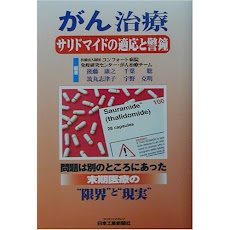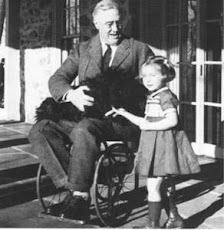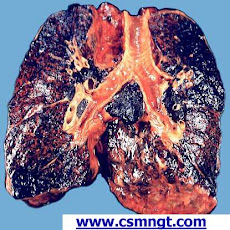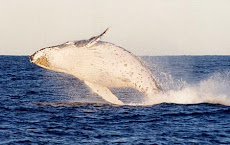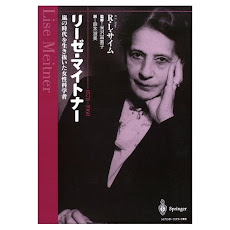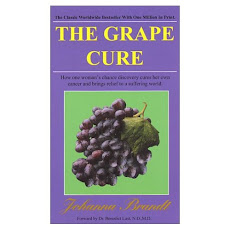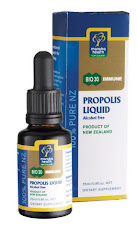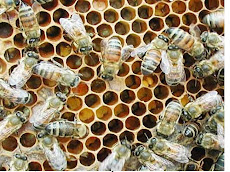Colon cancer is the "number 1" killer in Australia. The 1960 Nobel laureate
MacFarlane Burnet (1899-1985) in Melbourne, a great spiritual mentor of
mine during my university days in Tokyo, who inspired me to study the molecular biology
of immunological self-recognition, was among the numerous victims of colon
cancer. However, so far no effective therapeutic has been developed for
this formidable cancer as yet.
In 1989, a few years after his death, it was revealed that 50% of human colon cancers
carry the oncogenic mutant of RAS (mostly K-Ras), suggesting that abnormal activation
of this RAS is among the major causes of this cancer. Since RAS activates
the kinase PAK1, and RAS-induced malignant transformation requires this kinase,
it would be clear that at least 50% of colon cancers,
namely "RAS" colon cancer, could be treated effectively by anti-PAK1 drugs
such as Bio 30 which are available on the market inexpensively.
How about the remaining "non-RAS" colon cancers which carry no RAS mutant?
Around 1991 it was reported that more than 70% of human colon cancers carry
a loss-of -function mutation (dysfunction) of the tumor suppressor p53,
and the oncogenic RAS mutation and the dysfunction of p53 co-operate for
the malignant transformation, suggesting that p53 normally blocks the RAS-induced
malignant transformation. In other words, at least 70% of human colon cancers
including all RAS and 40% of the remaining non-RAS (=p53-deficient) colon
cancers could be treated effectively by anti-PAK1 drugs.
How about the remaining 30% of human colon cancers which carry neither RAS
nor p53 mutant? Around 1996 it was found that more than 90% of human colon
cancers carry a loss-of-function mutation of the tumor suppressor APC, and
a combination of both the oncogenic RAS mutation and the dysfunction of APC
is essential for the malignant transformation (either RAS or APC mutation
alone is insufficient to cause this cancer). In other words, APC normally
blocks the RAS-induced malignant transformation, and therefore at least 90%
of human colon cancers including all RAS and 80% of the remaining non-RAS
(=APC-deficient) colon cancers could be treated effectively by anti-PAK1 drugs.
However, so far nobody has experimentally confirmed in vivo that one of
the anti-PAK1 drugs available on the market can indeed suppress the growth
of human colon cancer, xenografts in mice or clinically. In my opinion,
that would be the most urgent project to be performed for identifying the
first effective therapeutics for colon cancers.
In 2003 Shigetoshi Kadota's group at Toyama Medical and Pharmaceutical University
in Japan reported that CAPE (caffeic acid phenethyl ester) and its analogues block
the lung metastasis of colon cancer cell line (26-L5) in mice. CAPE inactivates
the kinase PAK1 by down-regulating the GTPase RAC. However, CAPE alone has never
been clinically used, mainly due to its poor bioavailability (water-insolubility)
. Instead Bio 30, a CAPE-rich extract of NZ propolis available on the market
inexpensively, has been proven to be effective in blocking the growth of
several PAK1-dependent cancers such as pancreatic and breast cancers, NF
(neurofibromatosis) tumors, gliomas and melanomas in vivo (both xenograft
in mice and clinically), due to its high bioavailability and synergy between
CAPE and several other anti-cancer ingredients such as pinocembrin and galangin.
Thus, it would be quite reasonable to test the therapeutic effect of Bio
30 on human colon cancers in vivo, to begin with.
Besides Bio 30, Brazilian green propolis extract (GPE), which is based on ARC
(artepillin C), instead of CAPE, also inactivates PAK1 (Messerli, S. et al, 2009),
and suppresses the growth of colon cancers in vivo (Shimizu, K. et al, 2006),
although GPE is far more expensive than Bio 30. These findings altogether confirmed
that colon cancers indeed require PAK1 for their growth.
2009年11月18日水曜日
2009年11月11日水曜日
Gum Arabic: To be used for emulsifying EEP
(ethanol extracts of propolis) such as Bio 30
Gum Arabic (GA) is a natural "edible" water-soluble gum from Acacia that
has been used for a variety of purposes such as stamp glue and emulsifier.
Recently I got interested in GA mainly for the following two reasons: (1)
it can emulsify the water-insoluble ethanol extracts of propolis (EEP) such
as Bio 30, and (2) it appears to block the inflammation by inactivating
the transcription factor NF-kapperB (Rapnir, R. et al, 2008), down-stream
of the kinase PAK1, suggesting that it probably blocks the oncogenic PAK1
signaling. Besides GA is available inexpensively on the market, costing
less than US$50 per kg. To emulsify 6 ml of Bio 30 (costing around a dollar
daily) for an instance, you need only 6 g of GA powder (costing an additional
30 cents daily) in 6 ml of water (50% GA). So in my opinion, once NZ (or
Brazilian green/red) propolis is extracted with ethanol, this ethanol should
be replaced by 50% GA, instead of PG (propylene glycol). Furthermore, I
hope that GA and Bio 30 would work synergestically to suppress the growth
of a variety of PAK1-dependent cancers and NF (neurofibromatosis) tumors.
has been used for a variety of purposes such as stamp glue and emulsifier.
Recently I got interested in GA mainly for the following two reasons: (1)
it can emulsify the water-insoluble ethanol extracts of propolis (EEP) such
as Bio 30, and (2) it appears to block the inflammation by inactivating
the transcription factor NF-kapperB (Rapnir, R. et al, 2008), down-stream
of the kinase PAK1, suggesting that it probably blocks the oncogenic PAK1
signaling. Besides GA is available inexpensively on the market, costing
less than US$50 per kg. To emulsify 6 ml of Bio 30 (costing around a dollar
daily) for an instance, you need only 6 g of GA powder (costing an additional
30 cents daily) in 6 ml of water (50% GA). So in my opinion, once NZ (or
Brazilian green/red) propolis is extracted with ethanol, this ethanol should
be replaced by 50% GA, instead of PG (propylene glycol). Furthermore, I
hope that GA and Bio 30 would work synergestically to suppress the growth
of a variety of PAK1-dependent cancers and NF (neurofibromatosis) tumors.
2009年11月3日火曜日
豪州でも久しぶりに「梅酒」作り!
「梅酒」作りの材料としては、青梅 1kg 当たり、氷砂糖200ー600 g、焼
酎1。8リットルが必要である。作り方の詳細については、下記のネット欄を参
照されたし。
http://kazuko-w.ld.infoseek.co.jp/ume_liquor.html
実は、ちょうど一ヶ月前に引っ越してきた新居の庭(両隣の家との境界近く)に、
以前の住人が残していったリンゴの若木など2、3の果樹の中に、どうやら梅の
実らしい物がなり始めた高さ3メートル近くの木を一本見つけた。引っ越し当初
は、木の葉の半分近くが植物ウイルスらしいものに感染したまま放置され、緑色
の木の葉の上に黄色や赤の(丸でヒトの腫瘍を連想させる)グロテスクなオデキ
状の物が至る所に見える惨々たる有様だった。その病気の木の葉を一か月かかっ
て、こまめに少しずつ取り除き、ようやく「手術」のかいあってか、(木全体の
サイズ=幅は半減したが)ほとんど健康そうな(細身の)木に回復した。
途端に、ずっと昔、東京の実家で、子供の頃(毎年、梅雨の時期になると)、亡
父と一緒に、兄妹3人で赤味がかった梅の実を収獲し、大きな瓶にどっさり砂糖
と梅の実を詰め込み、焼酎漬けしたのを、懐かしく思い出した。梅酒が美味しく
熟すには丸一年かかる。そこで、今年の12月(豪州メルボルンでは初夏に当た
る)には、久しぶり(半世紀ぶり)に自家製の梅酒を作ろうかと考えている。
この梅酒がちょうど熟する頃(来年の12月)には、目下台湾の台北大学で英文
学の教鞭にあたっている双子の娘のひとり(アイリス)が、一年3か月ぶりにメ
ルボルンに戻ってきて、私と一緒にこの新居で生活を始める予定になっている。
それを祝って、「梅酒で乾杯!」というのは、絶好のタイミングだと言えるだろ
う。。。
酎1。8リットルが必要である。作り方の詳細については、下記のネット欄を参
照されたし。
http://kazuko-w.ld.infoseek.co.jp/ume_liquor.html
実は、ちょうど一ヶ月前に引っ越してきた新居の庭(両隣の家との境界近く)に、
以前の住人が残していったリンゴの若木など2、3の果樹の中に、どうやら梅の
実らしい物がなり始めた高さ3メートル近くの木を一本見つけた。引っ越し当初
は、木の葉の半分近くが植物ウイルスらしいものに感染したまま放置され、緑色
の木の葉の上に黄色や赤の(丸でヒトの腫瘍を連想させる)グロテスクなオデキ
状の物が至る所に見える惨々たる有様だった。その病気の木の葉を一か月かかっ
て、こまめに少しずつ取り除き、ようやく「手術」のかいあってか、(木全体の
サイズ=幅は半減したが)ほとんど健康そうな(細身の)木に回復した。
途端に、ずっと昔、東京の実家で、子供の頃(毎年、梅雨の時期になると)、亡
父と一緒に、兄妹3人で赤味がかった梅の実を収獲し、大きな瓶にどっさり砂糖
と梅の実を詰め込み、焼酎漬けしたのを、懐かしく思い出した。梅酒が美味しく
熟すには丸一年かかる。そこで、今年の12月(豪州メルボルンでは初夏に当た
る)には、久しぶり(半世紀ぶり)に自家製の梅酒を作ろうかと考えている。
この梅酒がちょうど熟する頃(来年の12月)には、目下台湾の台北大学で英文
学の教鞭にあたっている双子の娘のひとり(アイリス)が、一年3か月ぶりにメ
ルボルンに戻ってきて、私と一緒にこの新居で生活を始める予定になっている。
それを祝って、「梅酒で乾杯!」というのは、絶好のタイミングだと言えるだろ
う。。。
登録:
コメント (Atom)










































































![リオ五輪男子体操団体:日本(金)、ロシア[銀]、中国[銅]。](https://blogger.googleusercontent.com/img/b/R29vZ2xl/AVvXsEjHS61FORcH43CteZVfJzLmbqvNwOIliOSMpTpRtEi7x8j1ZwPk5rDaZovTrwuZxfDDtdEDSj673it735LF0mweIunaj7ja07lURBDYTV6wPMaAlumFt3aWWzYbHZgIaxcOLk_OKEMyQ3lX/s1600/2016+taiso+gold.jpg)
![皇太子(明仁)による沖縄訪問 [1975年]](https://blogger.googleusercontent.com/img/b/R29vZ2xl/AVvXsEjvSQrzV7yw_4gVQSwxZP_jh4VnEJscSqOqbiBh0VdAK3CRddXRqkd70JdLyws9fGejk-FGVmXWbHvSxlF3f8UogTyf9KXbqU1NGXesvcx2Hlsd6uq81AHweeioc61wynq3d2IYuyolijgT/s1600/akihito+message.jpg)




















































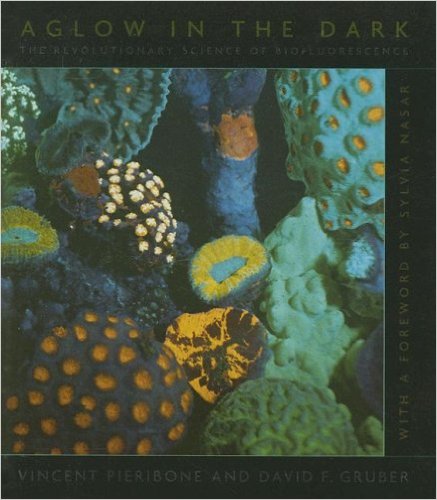














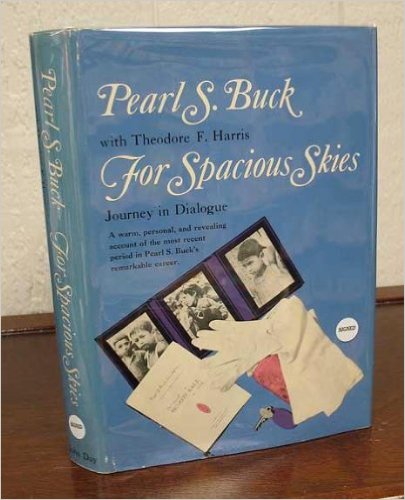





































































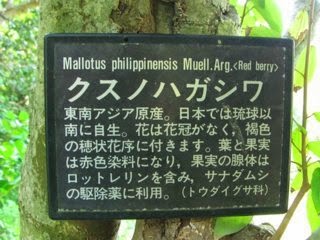








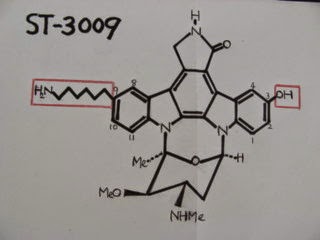







































![アルニカ [ウサギ菊]](https://blogger.googleusercontent.com/img/b/R29vZ2xl/AVvXsEilqv0qou-4NpoUh1PFWYK0FSaozKazee0VYGxsFtfjBma46ya9yxqB6X9Ziuob25tNRpBbnFIcUFlOEjz1WcAjVNzjGl1E-QbDgE7VOLkjZDx0eplJ1WJHf0fTEWXxf8F5G-cHUhqHELY9/s1600/ArnicaS.jpg)


















































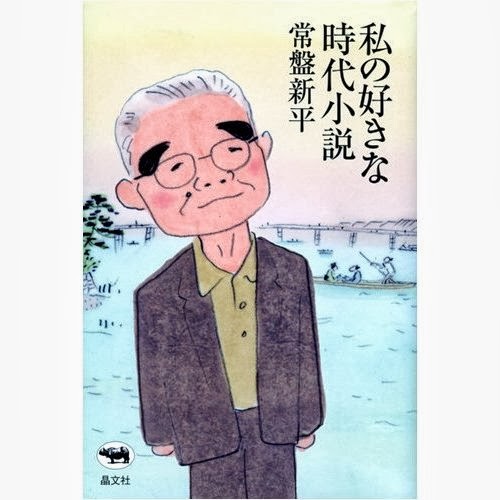










































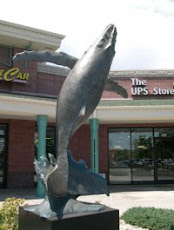










































.jpg)
















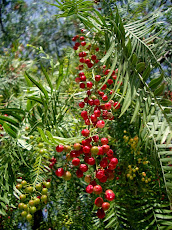




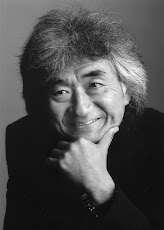










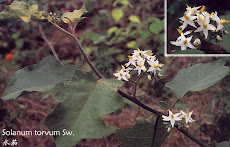







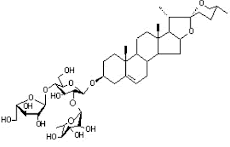
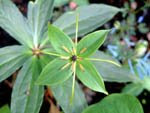














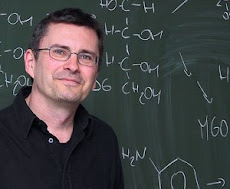


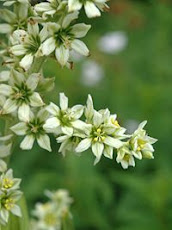





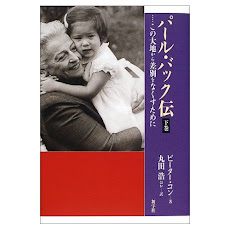


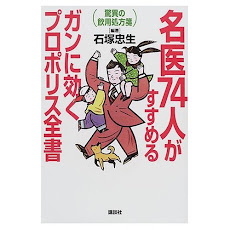



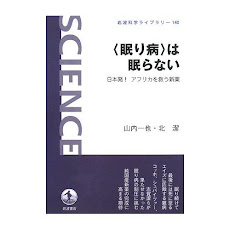












.jpg)





